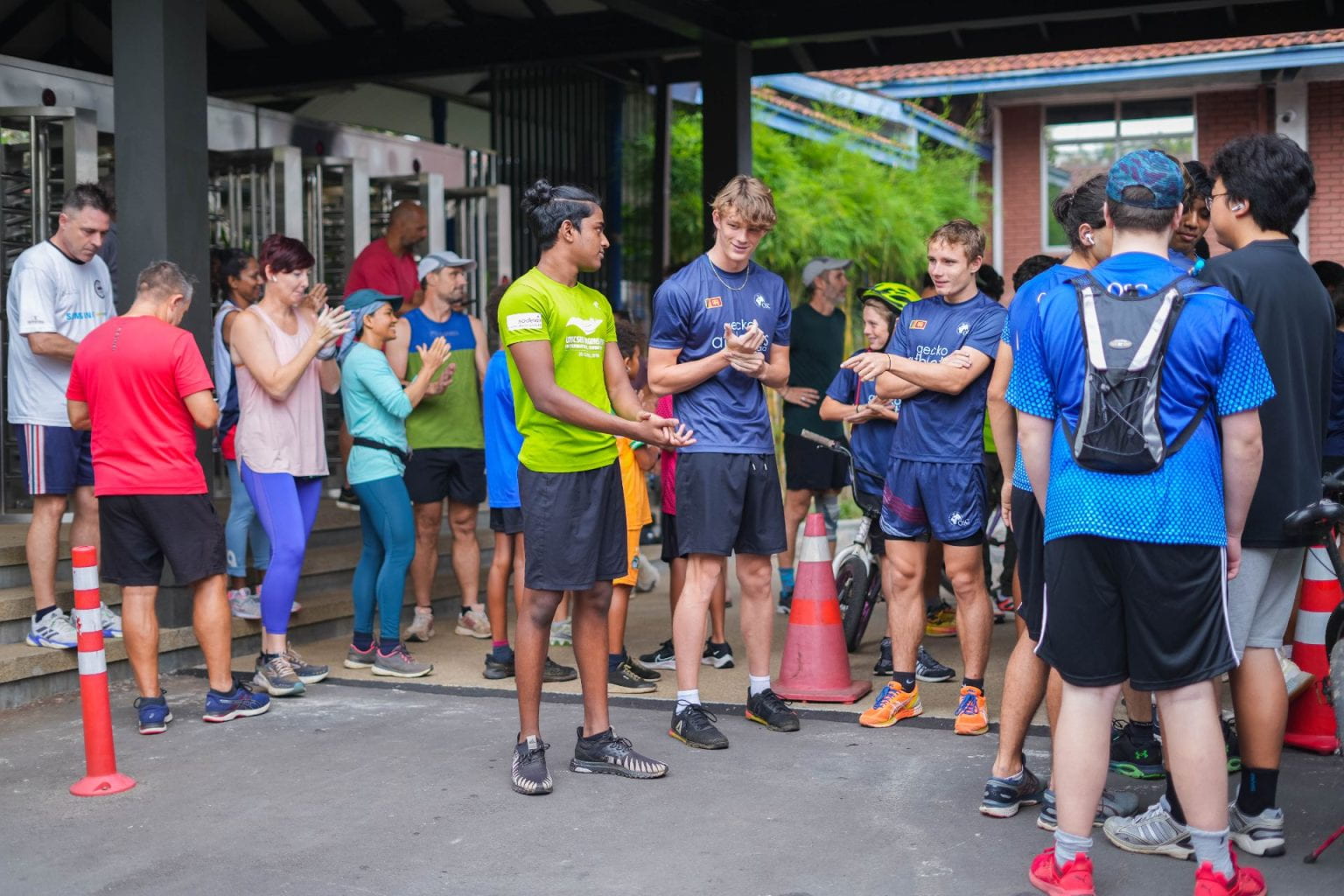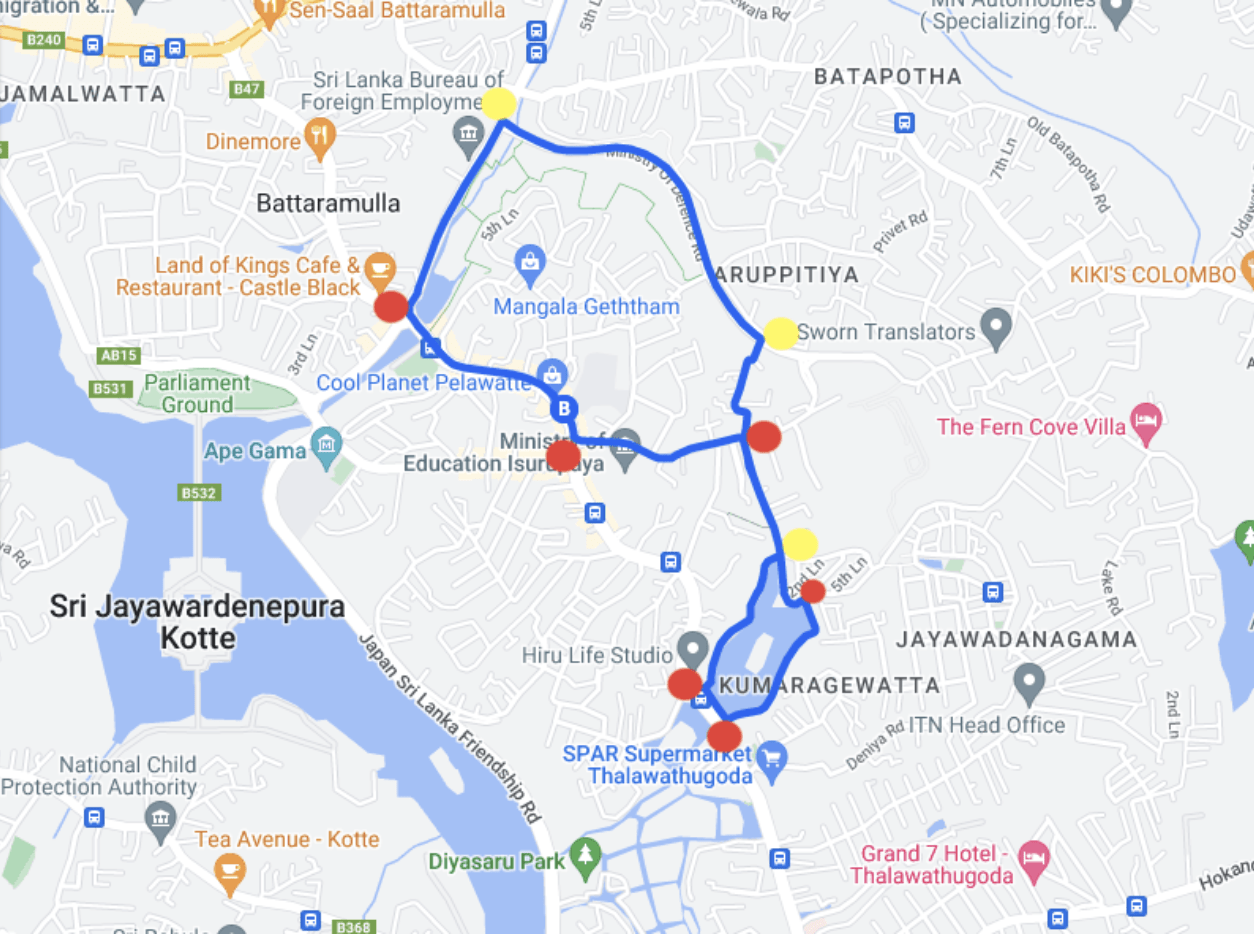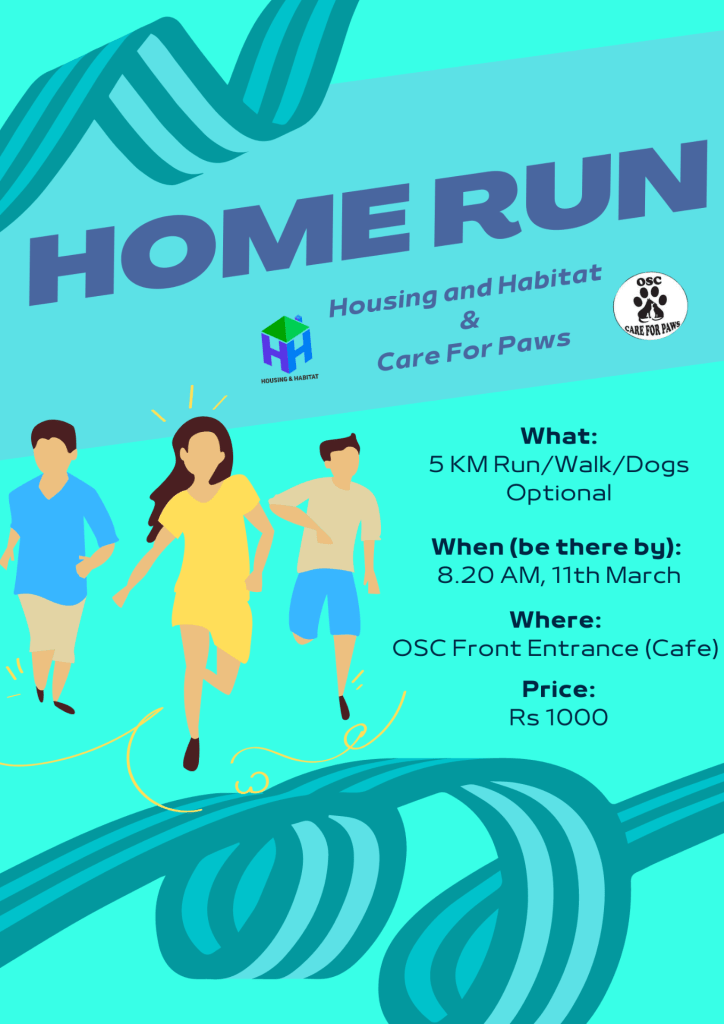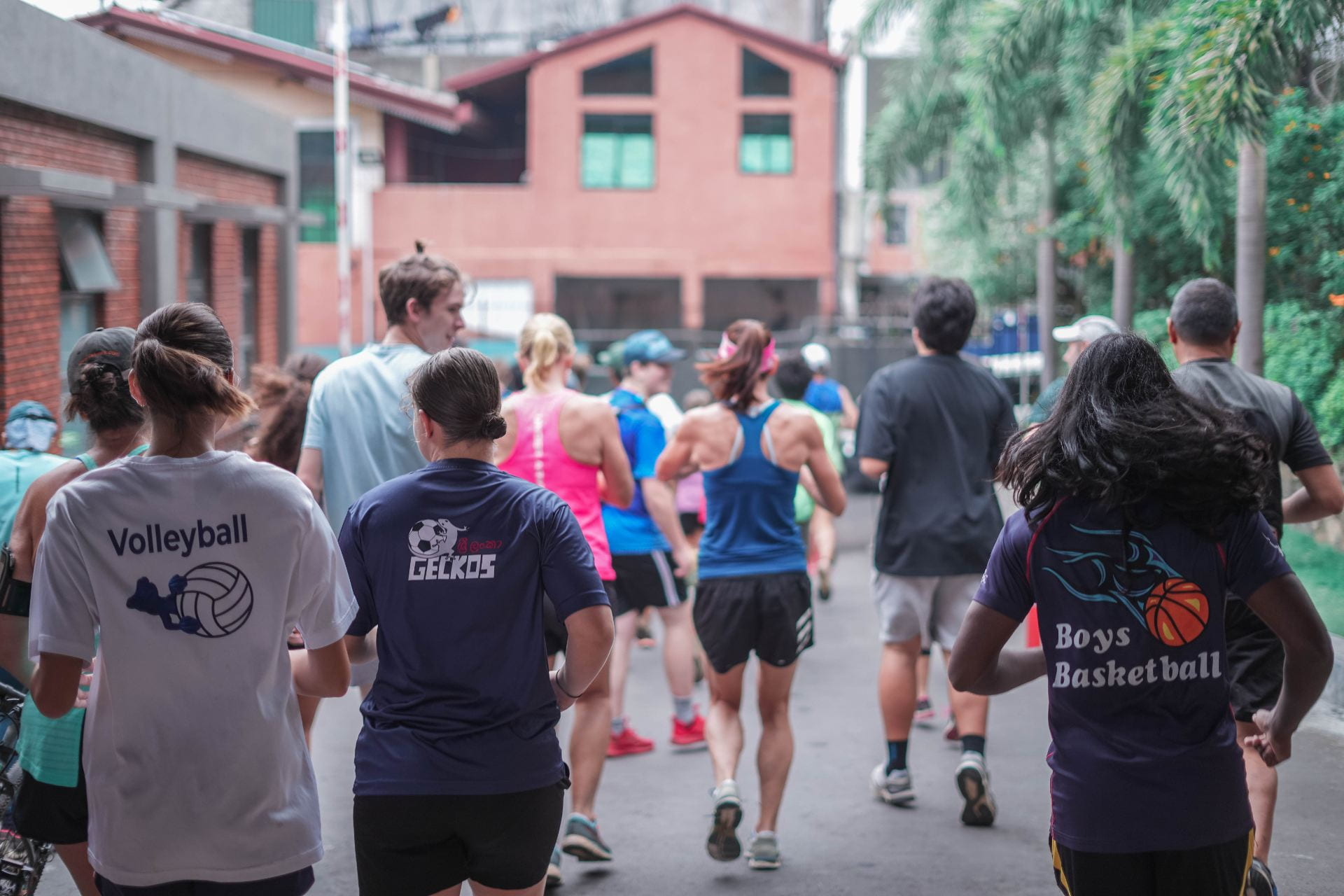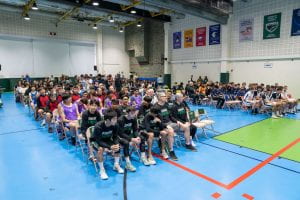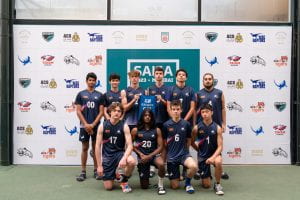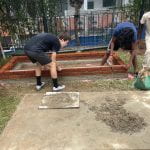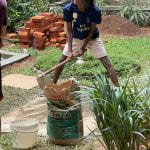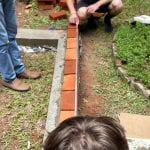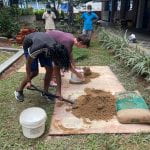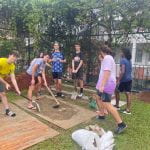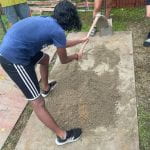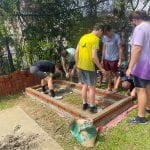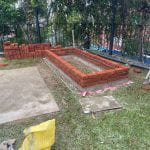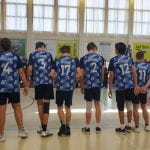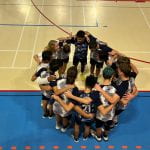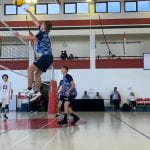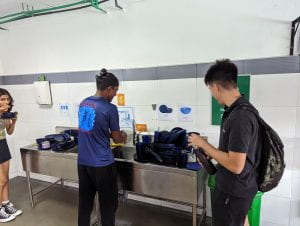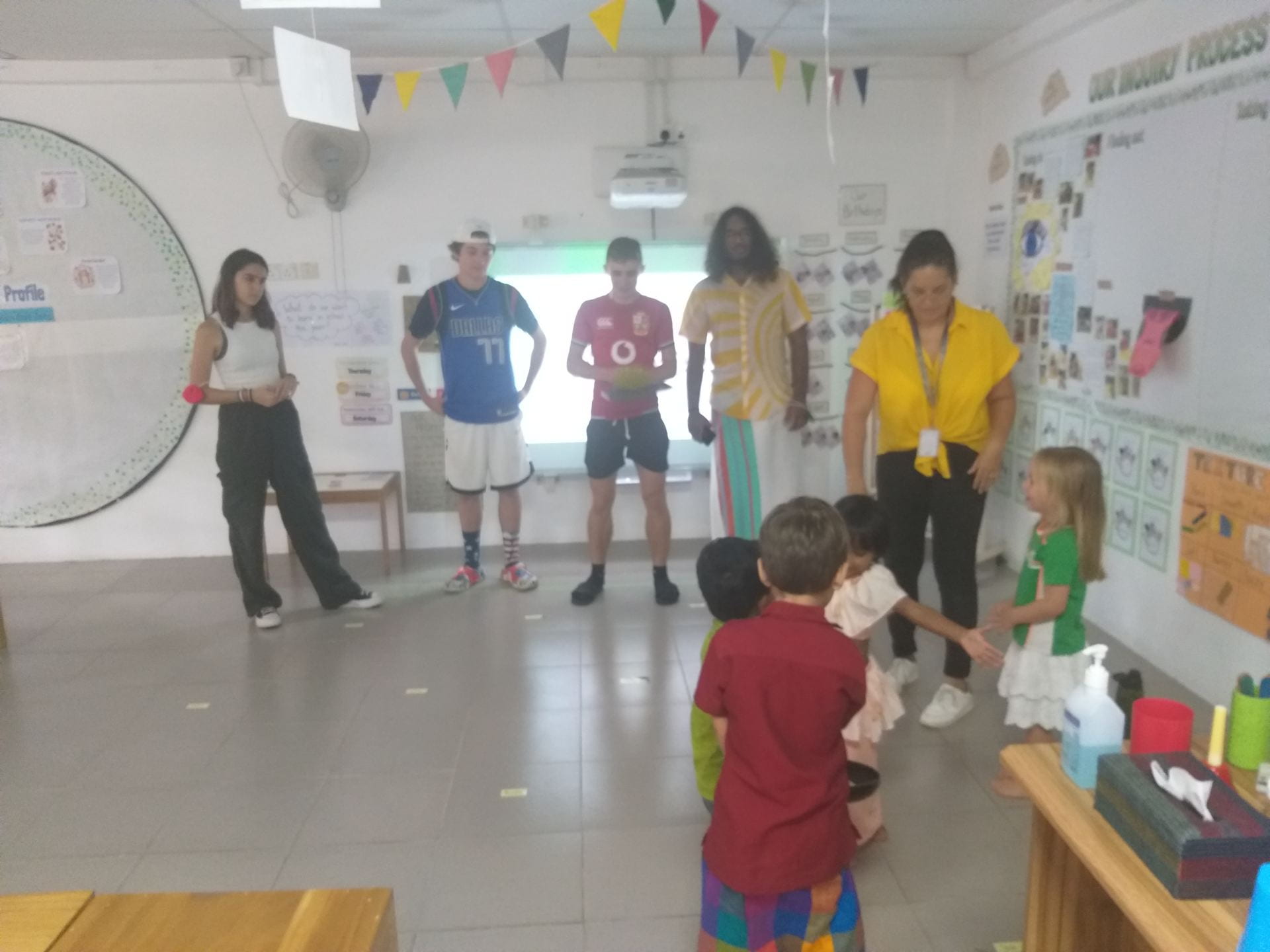To conclude the final bit of suffering in the IB program (all jokes of course), Im writing my final CAS post. I began this journey with a simple post; making goals, where I made specific goals for each element of the CAS program; Creativity, Action and Service. For the sake of breifness, I didnt actually acheive any of the goals except for my service one, which I reckon I did some form of mega acheivement on. That being said, my action and creativity goals werent acheived, but my acheivement in those two areas speaks for itself; countless new meals made, different sports tried (and successfully so), food eaten, waves caught, and so on. This two year experience has taught me that goals should be realistic, because, how is learning how to do an ariel realistic when I dont go to the beach more than once every two months. Its not, and I therefore should have set a better goal. Underdstanding what I can feasibly do in regards to CAS is something that has improved exponentially over this journey, which is linked to other stuff, like sports and things. Another thing I learned is how intermingled all this CAS stuff is. As a service leader, I often had to use creativity to come up with new projects for us to undertake, as well as undertaking said projects themselves, which often was an action. Approaches to action, be it in volleyball or basketball; coming up with new plays to do or coming up with a kickboxing regieme often used creativity, to consider the most ideal method of action. Same with creativity, creativity in the kitchen coulnt be possible without the action of cooking. That being said, action is definitely the best component of CAS in my opinion.
Learning outcomes:
1: Identify own strengths and develop areas for growth:
Pottentially the outcome acheived to the highest extent. I was often asked to by not only teachers but also myself to prusue excellence, be it in grades or in sports; identifying where I struggled and getting it in line with my other skills. Furthermore this outcome was often acheived in service, where I as a service leader strove to leave the service a better one then when I joined, using reflection as a tool to do so.
2: Demonstrate that challenges have been undertaken, developing new skills in the process
A harder outcome to show, esspecially in CAS where such a wide degree of relatable challenges were undertook. Perhaps the biggest in recent memory being setting out for a SAISA basketball season with a relativly unskilled rather less then super duper intelligent basketball team (subjectivly).
3: Demonstrate how to initiate and plan a CAS experience
Service is a perfect example of acheivement in this outcome; take the huge changes to the very nature of the service or the home run, my CAS project, as examples.
4: Show commitment to and perseverance in CAS experiences
As a dedicated SAISA athelete and engaged service leader, I found myself committing to CAS related things easily, despite a general lack of such activties.
5: Demonstrate the skills and recognise the benefits of working collaboratively
Much like previous reflections, this outcome may be easily related to both my service group, Housing and Habitat, which really highlights a collaborative and practical approach, evidenced by the planning of ECO schools, actually gaining the ECO schools certificate which was an interservice collaboration and the creation of garden beds. Alternativly one may consider both my SAISA basketball and volleyball seasons where team, and collaboration were integral to our success, shown by good standings (third and first respectivly.).
6: Demonstrate engagement with issues of global significance
ECO schools was created to combat the global issue of climate change, and is a group which my service and myself are deeply involved in since its formation at OSC. Furthermore, as a travelling SAISA athelete global exchanges of ideas and culture where made clear to me, and I now have better understanding of international sporting events and culture in hosting countries, which relates to global phenomenons like tourism, education, identity and globilisaiton, esspecially how I linked them to my in school classes like ES&S or geography.
7: Recognise and consider the ethics of choices and actions
This was always an outcome in the back of my mind, leading to making me a much more responsible individual, afterall, I dont really want to be suspended or like executed for violations of ethics. Regardless, ethics, even things simple like giving members of my SAISA teams or service group equal oppurtunities for success and room to speak were always considered, intermingled with each other learning outcome intrinsicly.
All in all CAS was a cool way to contribute to the OSC community, and made me a more well rounded student. Hopefully in that regard Im better then Kim Jong Un, who was actually an IB student, and failed due to not completing his CAS (fact of the day).
A huge thank you to Mr. Lockwood for being a great guide to this whole program, Mr Poulus for organizing service things, and letting us be involved in the ECO schools initiative, and Mr Leblanc, for fostering our leadership positions in our Service group.
